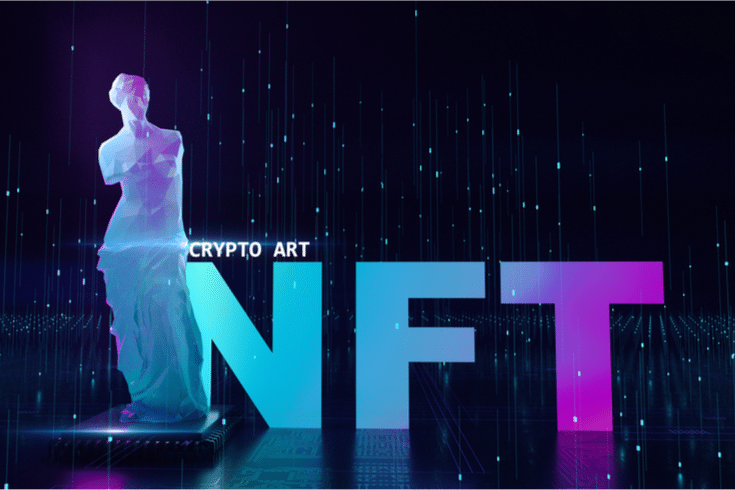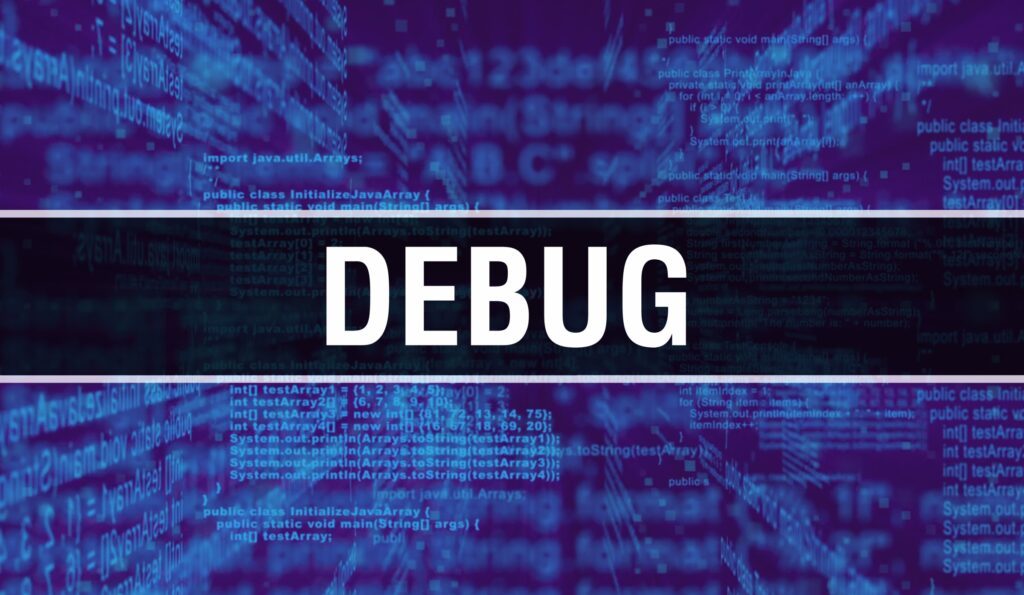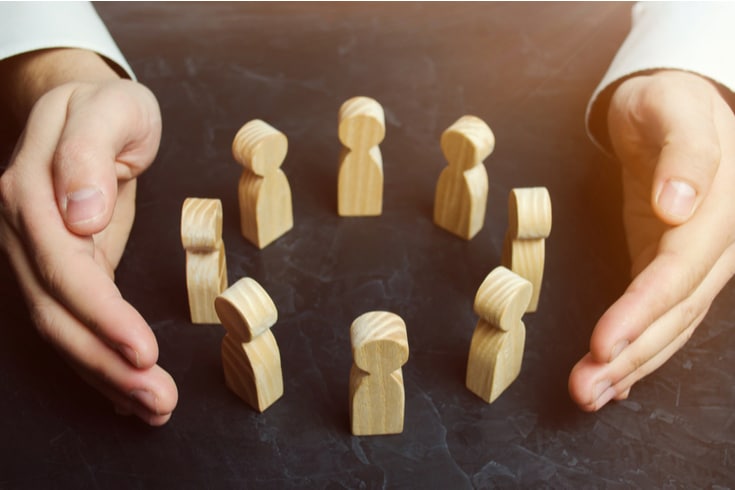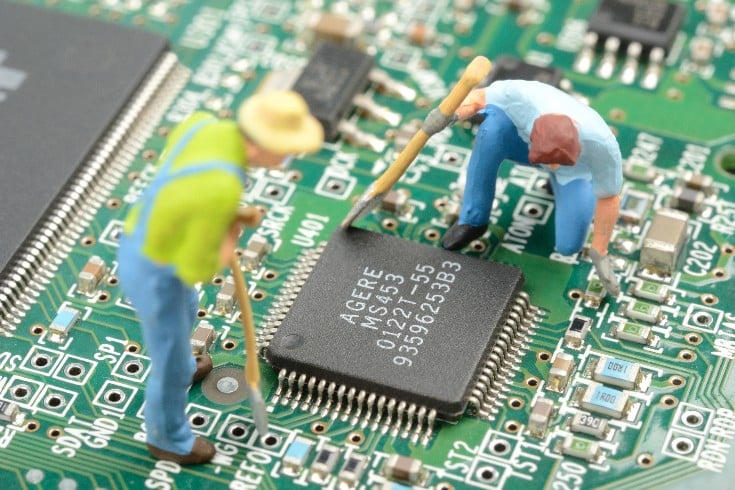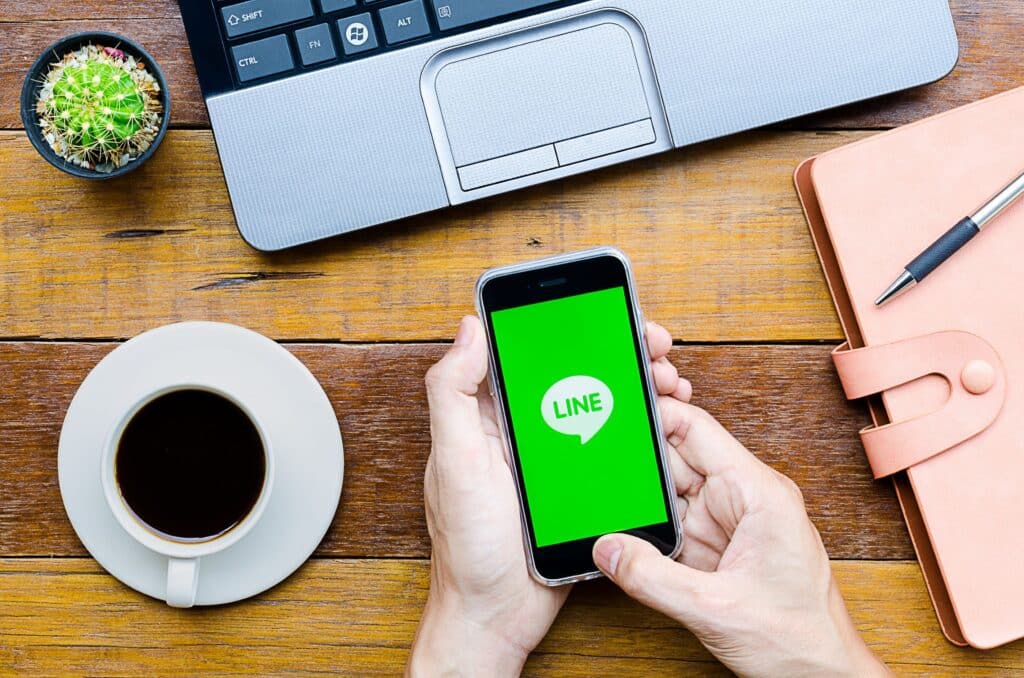What Are the Key Considerations Regarding the Relationship Between Generative AI and Copyright?
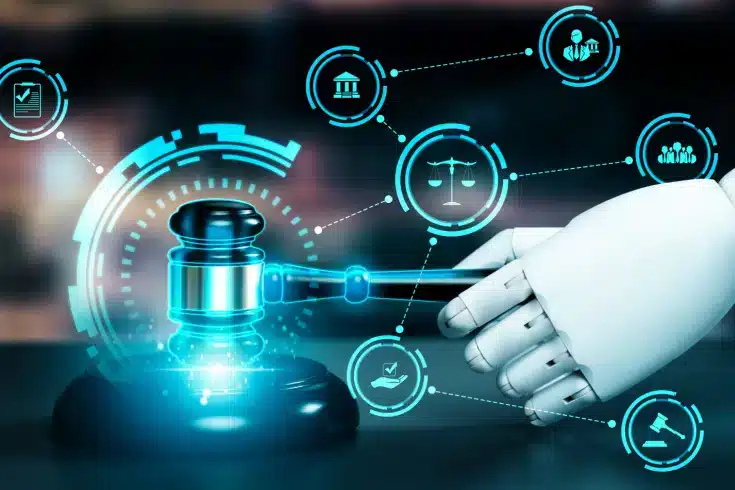
In recent years, the development of generative AI, including ChatGPT, has enabled AI to create innovative content. While generative AI is expected to dramatically increase productivity, it is also important to be cautious about copyright issues during the learning and usage stages of AI.
Business operators utilizing generative AI in their ventures particularly need to be aware of the relationship between generative AI and copyright, as well as the associated risks.
This article will explain the process of content creation by generative AI, the relationship between copyright law and generative AI, and explore key points for understanding copyright protection and the risks of infringement.
What is Generative AI?
Generative AI, as the name suggests, refers to artificial intelligence that can create content such as text, images, and music. This type of AI learns from vast amounts of data and has the capability to produce a variety of content.
One example of generative AI is ChatGPT, which can generate natural-sounding text in response to questions. It has garnered significant attention, with the number of active users reaching 100 million within two months. It is expected that the technology behind generative AI will continue to advance and that the use of generative AI in business will become increasingly common.
Key Concepts in Copyright Law
Copyright law is designed to protect the rights of authors and other rights holders in relation to their works.
If someone uses another person’s copyrighted work without the permission of the copyright holder, they may not only be subject to civil injunctions and claims for damages but also face criminal penalties.
Subjects of Copyright Law
According to Article 2, Paragraph 1, Item 1 of the Copyright Law, the subjects of copyright (i.e., works) are defined as creative expressions of ideas or emotions that fall within the realms of literature, science, art, or music.
Examples of works as per Article 10, Paragraph 1 of the same law include:
- Written works such as novels, scripts, dissertations, lectures, and other linguistic works
- Music compositions
- Works of dance or pantomime
- Artistic works such as paintings, prints, and sculptures
- Architectural works
- Works such as maps or scientific drawings, diagrams, models, and other graphic works
- Cinematographic works
- Photographic works
- Computer program works
Authors and Copyright Holders
An author is the person who creates a work, while a copyright holder is the person who possesses the copyright.
There are two types of copyright: moral rights and economic rights (property rights).
Moral rights include the right of disclosure, the right to claim authorship, and the right to the integrity of the work. These rights are exclusive to the author and cannot be transferred or inherited.
On the other hand, economic rights include the rights to reproduce, perform, present, transmit to the public, recite, exhibit, distribute, transfer, lend, and translate or adapt the work. These rights can be partially or wholly transferred.
Limitations of Copyright
Unauthorized use of someone else’s copyrighted work constitutes infringement. However, copyright is limited in cases such as reproduction for private use, citation, and reproduction, allowing the use of copyrighted works without the permission of the copyright holder.
Reproduction for private use refers to copying a work for use within a limited circle, such as for oneself or a small group of people. For example, copying a music CD to let your family listen to it does not constitute copyright infringement, even if done without the copyright holder’s permission.
Similarly, citing a work without the copyright holder’s permission does not constitute infringement, provided that certain conditions are met, such as clearly indicating the source of the quotation or reproduction.
The Relationship Between Generative AI and Copyright
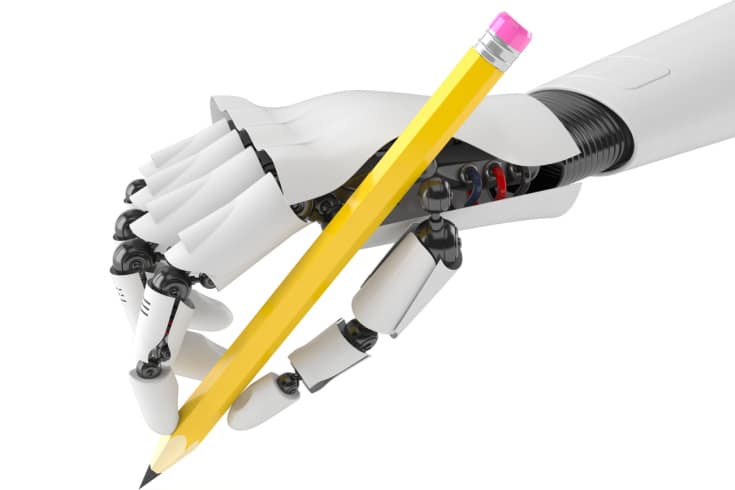
Generative AI learns from a vast amount of data available on the internet, including copyrighted works, and uses this knowledge to create and output content. Therefore, it is essential to understand the relationship and risks associated with copyright when utilizing generative AI.
When considering the relationship between generative AI and copyright, it is necessary to distinguish between two stages: the development stage of generative AI and the usage stage of generative AI.
Reference: Agency for Cultural Affairs | About the Relationship Between AI and Copyright[ja]
Copyright Considerations During AI Development and Learning Stages
Generative AI is developed by creating a dataset from a large collection of data and training the AI with this dataset.
During the AI development and learning stage, under Article 30-4 of the Japanese Copyright Law, it is generally permissible to use copyrighted works without the consent of the copyright holder. However, this does not apply if the use exceeds what is deemed necessary or unfairly harms the interests of the copyright holder.
An example of unfairly harming the interests of the copyright holder would be replicating copyrighted works from databases sold for information analysis for the purpose of AI training.
Related article: Is Crawling Images on the Internet a Copyright Violation? Explaining the Legal Issues of Machine Learning[ja]
Copyright Considerations During the Usage Stage of Generative AI
The determination of copyright infringement for images and other content generated by using generative AI is the same as for conventional works.
Using generated images for personal enjoyment is considered private use and does not constitute copyright infringement. However, if the images are sold or otherwise distributed, there may be a risk of copyright infringement.
During the usage stage of generative AI, the determination of copyright infringement is based on the similarity and dependency of the generated images or other content to existing copyrighted works.
Similarity refers to whether the creative expression of the generated images or other content is identical or similar to that of existing copyrighted works. Dependency concerns whether the creation was based on existing copyrighted works. If it is determined that copyright has been infringed,
if the use of generated images or other content constitutes copyright infringement, the copyright holder may claim damages or seek an injunction. Additionally, criminal penalties may include imprisonment for up to ten years or a fine of up to 10 million yen, and in the case of a corporation, a fine of up to 300 million yen may be imposed.
Related article: Explaining the ‘Going Rate’ for Damages and Two Case Studies on Image Copyright Infringement[ja]
When Might Content Created with Generative AI Infringe Copyright?
For content created using generative AI to constitute copyright infringement, it must be recognized as having a dependency on and similarity to an existing copyrighted work. There are currently no clear opinions or guidelines on this criterion, and it is necessary to closely monitor future developments.
At the time of writing, the criteria being discussed include:
- Whether the creator of the content was aware of the specific copyrighted work
- Whether the specific copyrighted work was included in the training data
- Whether the prompts (instructions given to the generative AI) used the specific copyrighted work or phrases strongly associated with it
Ultimately, these matters will be decided by the courts on a case-by-case basis.
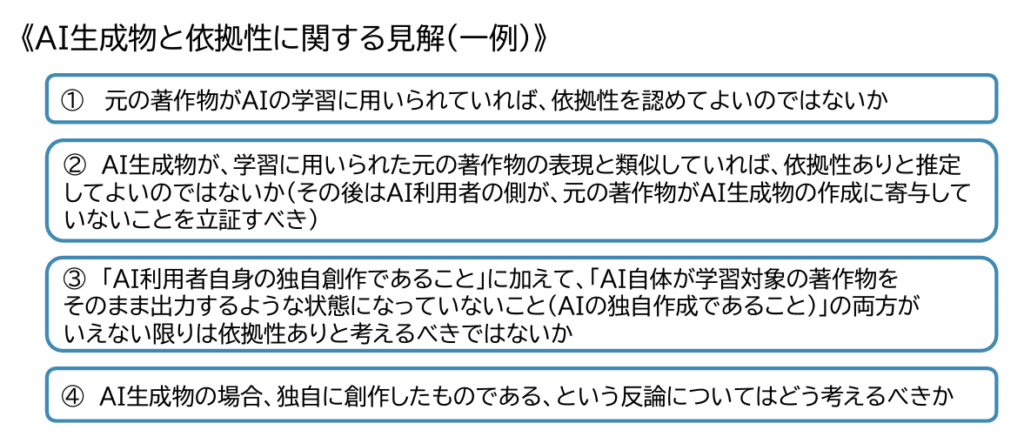
Trends in Copyright and Generative AI
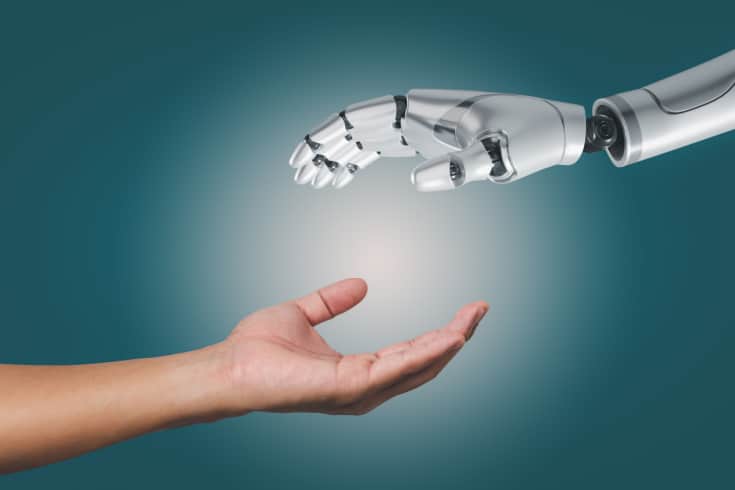
Currently, under Japanese Copyright Law, it is generally not necessary to obtain the copyright holder’s permission when using copyrighted works as training data for AI development.
Permission from the copyright holder is required if their rights are unfairly infringed upon. However, at this stage, the circumstances under which copyright infringement is considered unfair are quite limited. Consequently, Japan’s copyright regulations related to AI training are said to be among the most lenient among developed countries, and it is possible that these regulations may become stricter in the future.
As discussions on copyright and generative AI deepen and AI technology advances, further legislative developments and an accumulation of judicial decisions are anticipated.
Conclusion: Consult a Lawyer Regarding Generative AI and Copyright Issues
When considering the relationship between generative AI and copyright, it is necessary to think separately about two stages: the development stage of generative AI and the usage stage of generative AI. The relationship between generative AI and copyright is complex, encompassing various issues, and the discussion is not yet exhaustive. Therefore, it is essential to keep an eye on future developments.
If copyright infringement occurs, one may face civil actions such as injunctions and claims for damages, as well as criminal penalties, which can also lead to a tarnished corporate image. Hence, it is advisable to consult with a lawyer who is knowledgeable in IT-related laws, such as the Japanese Copyright Law, at an early stage when dealing with generative AI and copyright issues.
Guidance on Measures by Our Firm
Monolith Law Office is a law firm with extensive experience in both IT, particularly the internet, and legal matters. The AI business is fraught with numerous legal risks, and the support of attorneys well-versed in AI-related legal issues is essential. Our firm provides sophisticated legal support for AI businesses, including ChatGPT, through a team of AI-knowledgeable attorneys and engineers. We offer services such as contract drafting, legality reviews of business models, protection of intellectual property rights, and privacy compliance. Please refer to the article below for more details.
Areas of practice at Monolith Law Office: AI (including ChatGPT) Legal Affairs[ja]
Category: IT
Tag: ITTerms of Use

